For centuries, fixed gender roles have been a part of human societies, with numerous cultures limiting the responsibilities of women to childcare and household chores. Women’s involvement in education or public affairs wasn’t deemed necessary. Fortunately, such views have transformed over time. Throughout history, numerous women have defied these societal norms, challenging traditional gender roles and leaving behind influential legacies. This compilation of 25 women (just the tip of the iceberg as there are countless deserving women) is celebrated for their remarkable contributions during their era. From commanding the Roman Empire, advancing the field of cytogenetics, to demonstrating bravery on battlefields, these women blazed trails and shifted perceptions. Their refusal to conform to conventional standards of what a woman should or shouldn’t do began the dismantling of entrenched gender roles they bravely contested. Be inspired by these 25 women who transcended gender barriers and shaped history.
Sacagawea
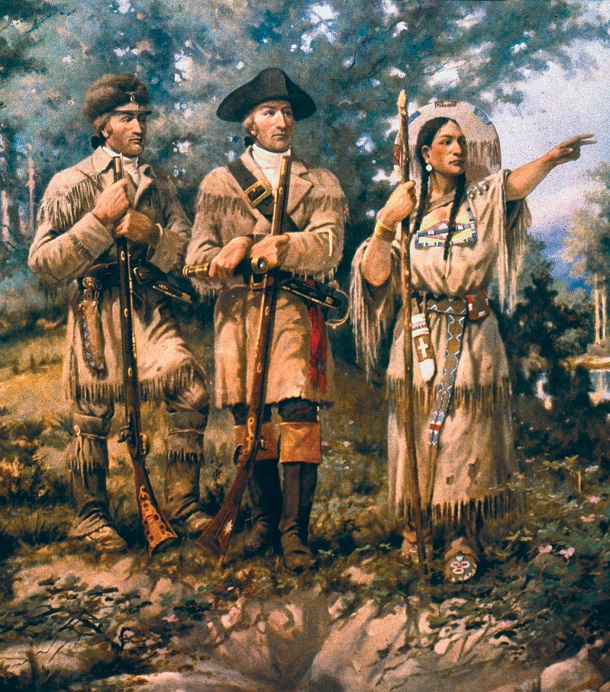 Source: The Journals of the Lewis and Clark Expedition, Image: Wikimedia
Source: The Journals of the Lewis and Clark Expedition, Image: Wikimedia Most Americans know bits of the story of Sacagawea, a Lemhi Shoshone Native American woman who helped Lewis & Clark in their westward expedition. What’s especially amazing about this woman is her true importance in American history – without a clever and tactile woman like Sacagawea in their presence, Lewis and Clark would likely have been seen as aggressive and attacked. (And when their boats overturned on the Missouri River, Sacagawea rescued their journals and notes from the waters, all while pregnant.)
Eleanor of Aquitane
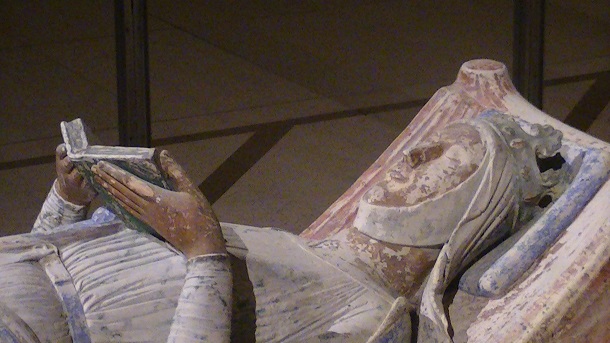 Source: Marion Meade “Eleanor of Aquitaine: A Biography", Image: Wikimedia
Source: Marion Meade “Eleanor of Aquitaine: A Biography", Image: Wikimedia Eleanor of Aquitane was one of the most powerful persons in Europe during the High Middle Ages. Beyond being Queen of England (married to King Henry II), she was previously Queen of France (married to Louis VII) and had considerable influence on both countries during her reigns. Eleanor was even the acting head of state while her son English King Richard I went on the Third Crusade.
Jeannette Pickering Rankin
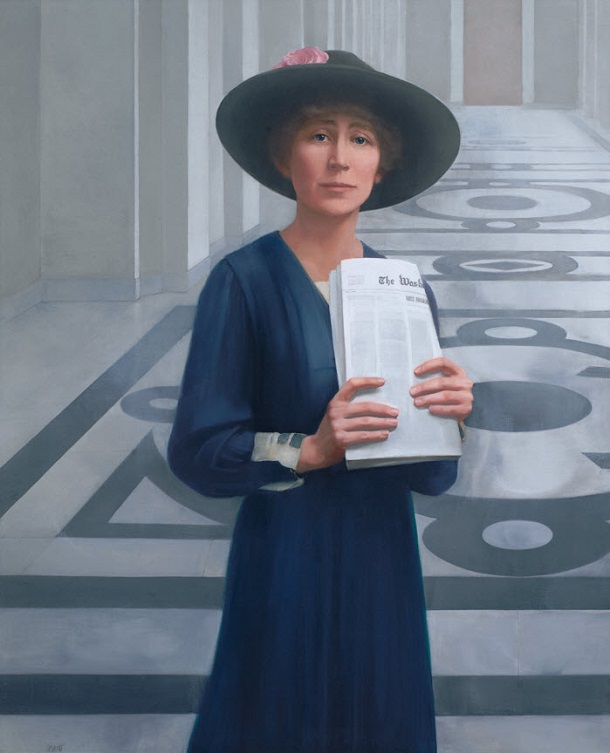 Source: Judy Alter, "Extraordinary Women of the American West", Image: Wikimedia
Source: Judy Alter, "Extraordinary Women of the American West", Image: Wikimedia Jeannette Pickering Rankin was elected as the first female member of Congress even before women across America could vote (women could already vote in about 40 states). A Representative elected both in 1916 and 1940, Rankin noticed she was “the only woman who ever voted to give women the right to vote.” Now that’s a way to defy gender roles!
Golda Meir
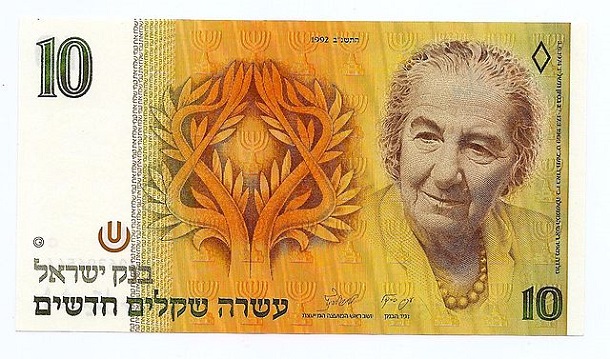 Source: Time, Image: Wikimedia
Source: Time, Image: Wikimedia Seen as the grandmother of the Israeli state, Golda Meir was referred to by then-Israeli Prime Minister David Ben-Gurion as “the best man in the government”. Later becoming Prime Minister, Meir was one of the major contributors to the Jewish state’s foundation, even raising $50 million from American Jews and negotiating between the Jews and the British Mandate in Palestine.
Mary Seacole
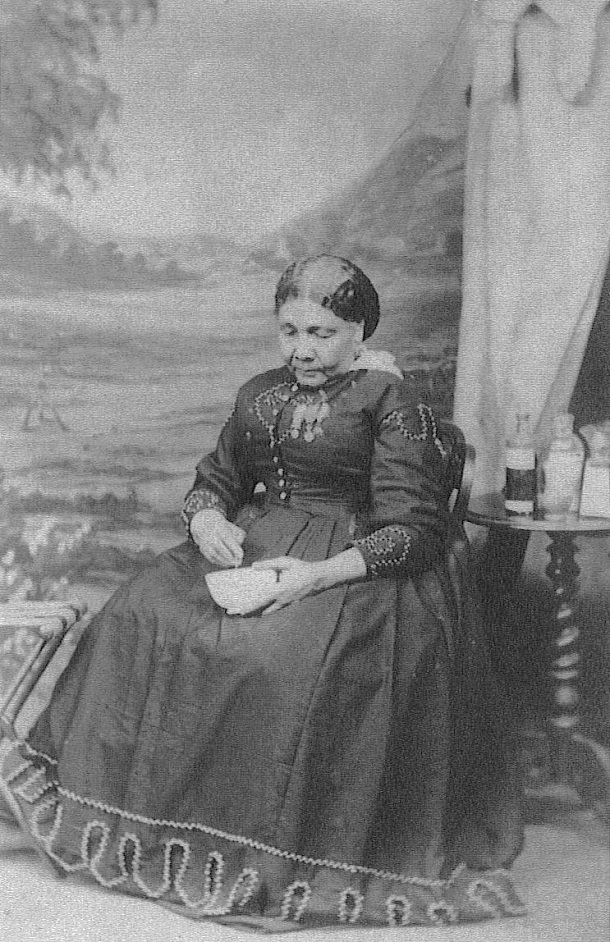 Source: BBC News, Image: Wikimedia
Source: BBC News, Image: Wikimedia Voted the greatest black Briton in 2004, Mary Seacole cared for sick British soldiers during the Crimean War. Though the British Army refused to admit her to the war effort due to being a woman, Seacole went to the battlefront anyways to help the sick and wounded. The soldiers she cared for later raised money for her when she lacked funds.
Elsie Inglis
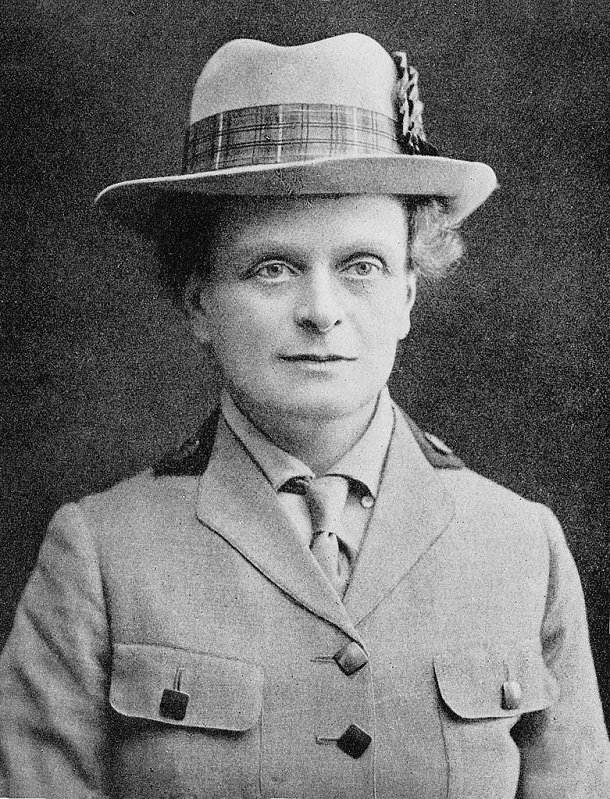 Source: Nicole Beauman, "A very great profession : the woman's novel 1914–1939", Image: Wikimedia
Source: Nicole Beauman, "A very great profession : the woman's novel 1914–1939", Image: Wikimedia A leader in the development of Scottish/British medicine, Elsie Inglis was both a doctor and philanthropist. She is best known for organizing all-female, ready-to-go Medical Units during World War I. The French called up her units after the British told her to “go home and sit still”. Enraged at the state of healthcare in her country, Inglis became politically active and was a constant voice for healthcare reform.
Sybil Ludington
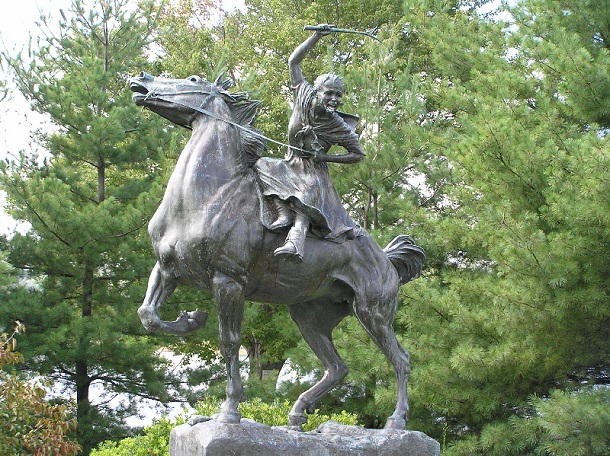 Source: Brittanica, Image: Wikimedia
Source: Brittanica, Image: Wikimedia Twice as impressive as Paul Revere but less than half as known, Sybil Ludington was a Revolutionary War heroine. At only 16 years of age, Ludington rode twice as far as Revere on a dark and rainy night to alert the colonists of the British advance. George Washington even commended her for bravery and valor.
Sor Juana Ines de la Cruz
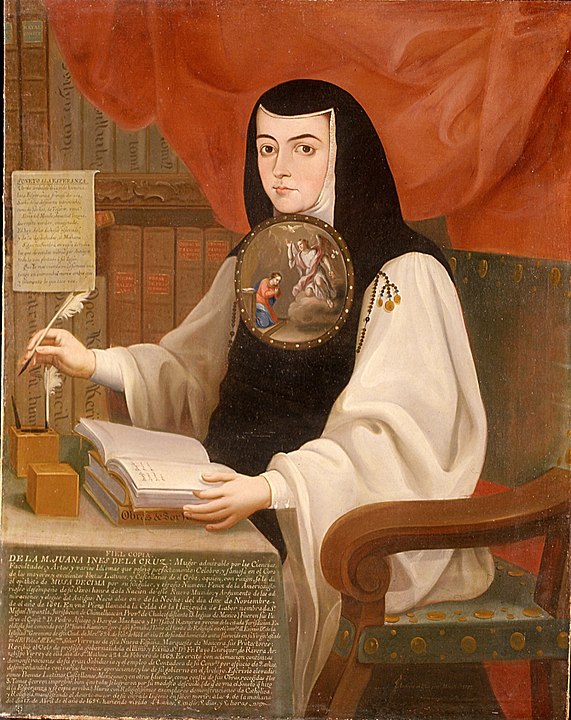 Source: Stuart Murray, "The Library: An Illustrated History", Image: Wikimedia
Source: Stuart Murray, "The Library: An Illustrated History", Image: Wikimedia A prolific scholar and poet, Sor Juana Ines de la Cruz is considered one of the earliest writers of Mexican literature. Ordained a nun, de la Cruz was one of the earliest voices in the Americas calling for a woman’s right to education. She stood up to high-ranking officials such as the Archbishop of Mexico and called for more equality between the genders.
Æthelflæd
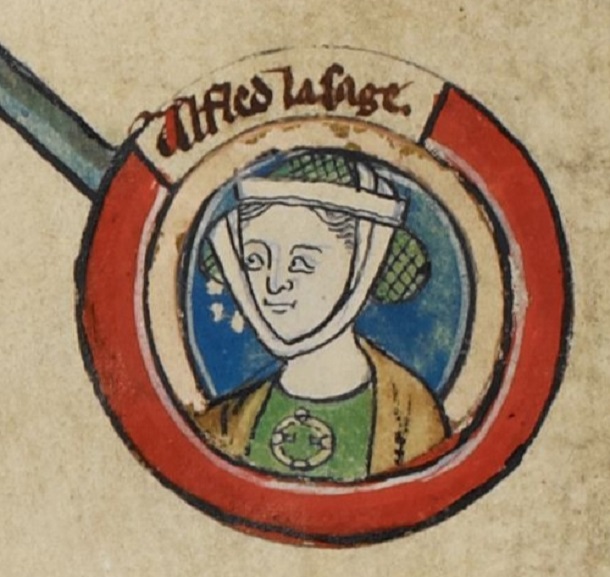 Source: Sir Frank Stenton, "Anglo-Saxon England", Image: Wikimedia
Source: Sir Frank Stenton, "Anglo-Saxon England", Image: Wikimedia Æthelflæd, the lady of the Mercians, was a clever military strategist and tactician who is largely responsible for kicking the Danes out of England. Taking power after her husband Æthelred died, Æthelflæd led her home area of Mercia and allied with her brother Edward the Elder (of whom she was a great ally in all war efforts).
Susan B. Anthony
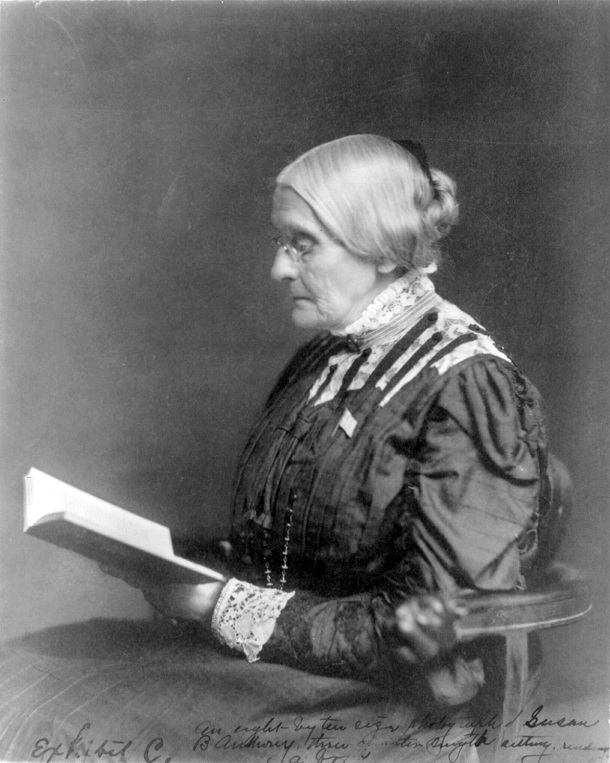 Source: Time, Image: Wikimedia
Source: Time, Image: Wikimedia One of America’s most famous campaigners for women’s suffrage (voting rights), Susan B. Anthony was a spirited woman who defied any gender role she felt to be unjust. Much of her dedication comes from an old schoolteacher who told her it was irrelevant for her to learn maths because “a girl needs to know how to read the Bible and count her egg money, nothing more.” The founder of the National Women’s Suffrage Association, Anthony infamously refused to pay a $100 fine for voting illegally in the 1872 election.
Jane Addams
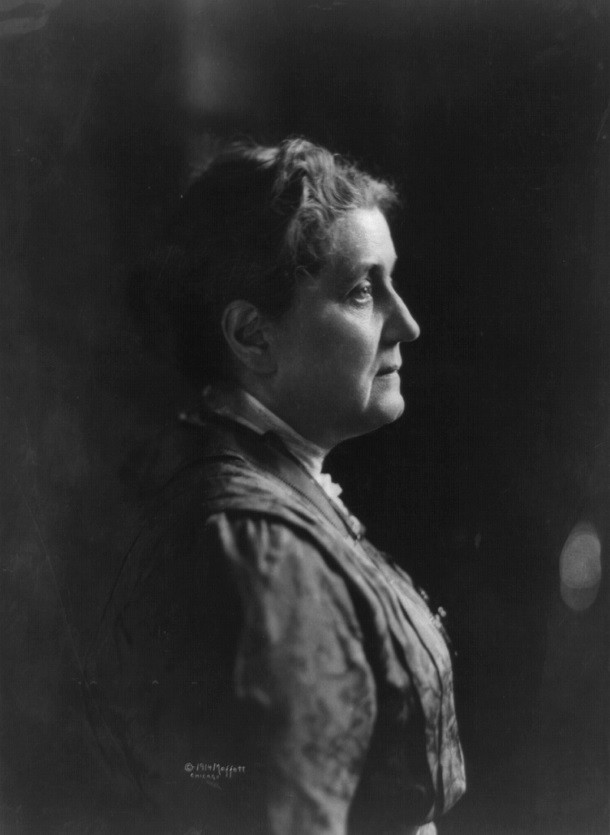 Source: Kathryn Cullen-DuPont, "Encyclopedia of women's History in America", Image: Wikimedia
Source: Kathryn Cullen-DuPont, "Encyclopedia of women's History in America", Image: Wikimedia A co-founder of the ACLU (American Civil Liberties Union), Jane Addams is a legendary American civil rights campaigner. Even selected by the 1915 International Congress of Women to head the commission to find an end to World War I, Addams is most famous for founding Hull House: a neighborhood center in Chicago aiming to alleviate poverty, the mixing of classes, and research neighborhood issues.
Barbara McClintock
 Source: Journal of the History of Biology, Image: Wikimedia
Source: Journal of the History of Biology, Image: Wikimedia Barbara McClintock was a pioneer in cytogenetics: the study of a cell’s genetic structure and function, especially the chromosomes and their role in reproduction. Compared to Gregor Mendel in importance during her reception of the 1983 Nobel Prize for Physiology or Medicine, McClintock was instrumental in studying maize and how its chromosomes changed during reproduction.
Joan of Arc
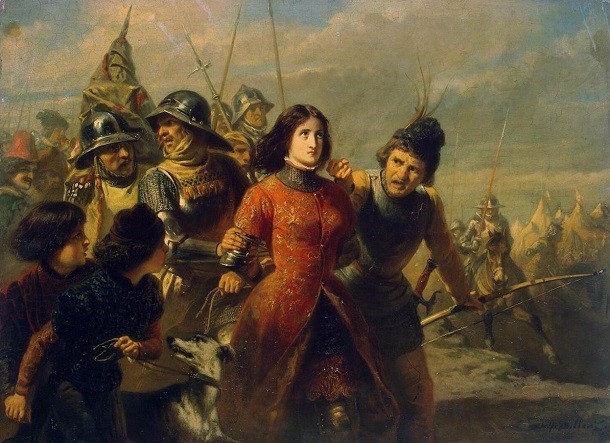 Source: Time, Image: Wikimedia
Source: Time, Image: Wikimedia One of the better known heroines who defied gender roles of her time, Joan of Arc is one of France’s most highly-regarded war figures. The French prince was so moved by Joan’s resolve that he gave her armor and troops to fight the English in France. Joan of Arc started bad blood with the English by kicking them out of the city of Orleans at only 17 years old and beating them in successful battles of the Hundred Years’ War. She is famously known for being burnt at the stake at the hands of England’s French allies. Almost 500 years after her death, she was canonized and made a patron saint of France in 1920.
Helen Thomas
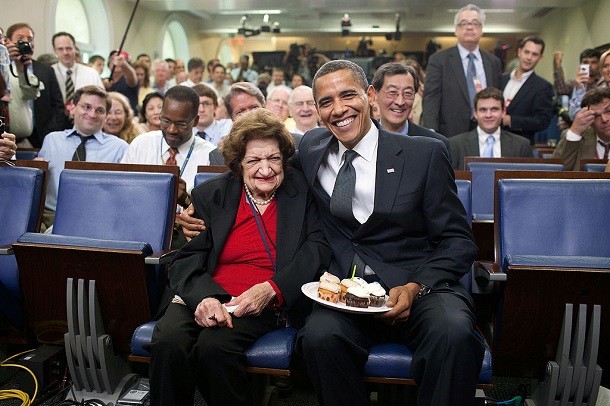 Source: CS Monitor, Image: Wikimedia
Source: CS Monitor, Image: Wikimedia A staple in the White House Correspondent’s Room for almost half a century, Helen Thomas reported on the regimes of 11 Presidents – from Dwight D. Eisenhower all the way through to Barack Obama. The first female officer of the National Press Club and first female member and president of the White House Correspondents’ Association, Thomas was truly a glass-ceiling-shattering journalist.
Hedy Lamarr
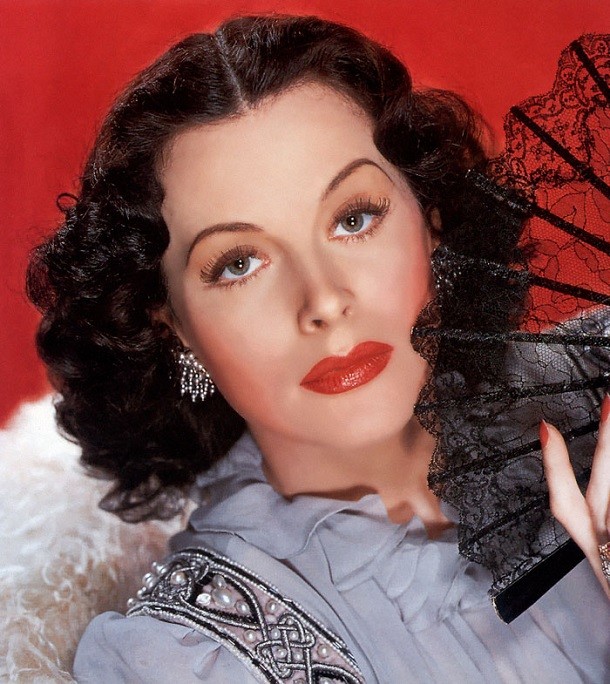 Source: New Scientist, Image: marxchivist via Flickr
Source: New Scientist, Image: marxchivist via Flickr One of Hollywood’s pioneering film stars, Hedy Lamarr was more than just a pretty face meant for the silver screen. Lamarr’s interest in applied science led to the development of technologies which laid the groundwork for Wi-Fi, CDMA, and Bluetooth. Had the U.S. Navy accepted her work earlier, it’s possible World War II would have ended sooner, too.
Mary Wollstonecraft
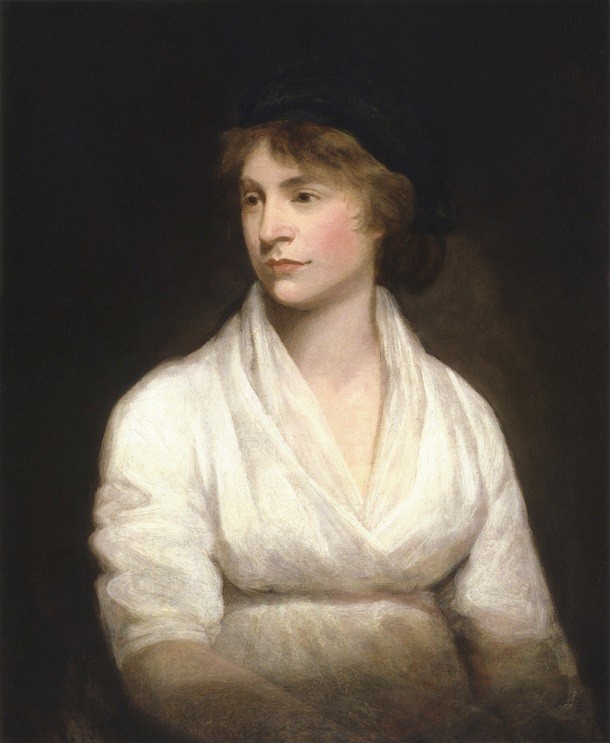 Source: Time, Image: Wikipedia
Source: Time, Image: Wikipedia One of the founders of the feminist movement, Mary Wollstonecraft stood up to the idea of her time that women were objects and useful for few things outside the home. Arguing that women were not inferior to men but merely appeared so due to a lack of education, Wollstonecraft advocated for a society dominated by reason and authored many famous pieces on women’s place in society.
Marie Curie
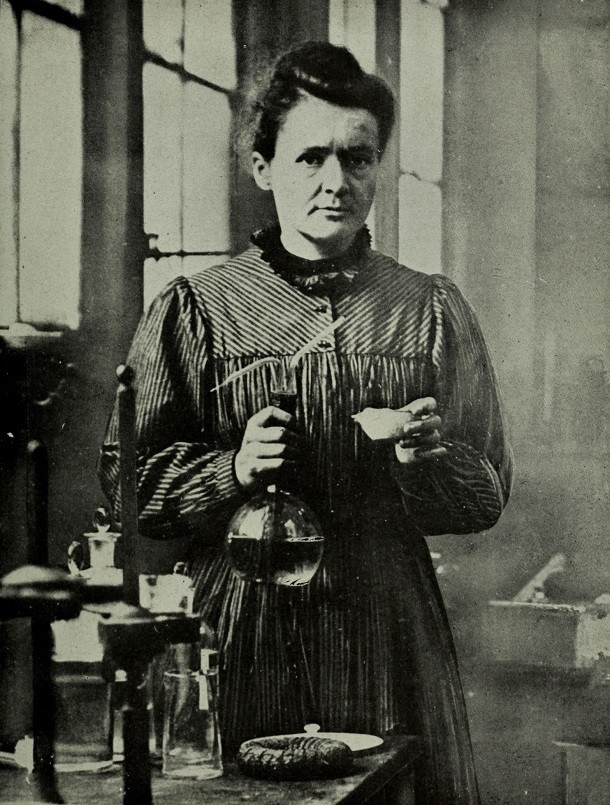 Source: BBC Documentary, "The Genius of Marie Curie: The Woman Who Lit Up the World", Image: Wikimedia
Source: BBC Documentary, "The Genius of Marie Curie: The Woman Who Lit Up the World", Image: Wikimedia Marie Curie’s accomplishments rattle off a long list. The first woman in Europe to earn a PhD and the first woman to win a Nobel Prize (which she did twice, in Physics and Chemistry), Curie was also the first female professor at the prestigious University of Paris. Polish by birth, Marie Sklodowska Curie developed a theory of a radioactivity (a term she coined) and found the elements radium and polonium (which she named after her native Poland).
Boudica
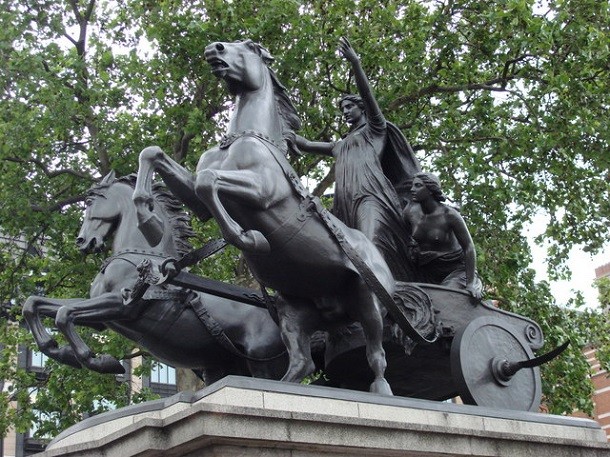 Source: Time, Image: geograph.co.uk
Source: Time, Image: geograph.co.uk Boudica was an Icenian ruler during the 1st century A.D. in what is now Great Britain. As Queen of the Iceni, Boudica fought back after her recently-deceased husband’s lands were annexed, her daughters raped, and she was publicly beaten. Boudica and her armies rose up against the Romans, even burning the city of Londonium, killing tens of thousands of Romans and Roman sympathizers. The stronger Roman forces ultimately prevailed and it’s claimed Boudica took her own life rather than be captured.
Olimpia Pamphili
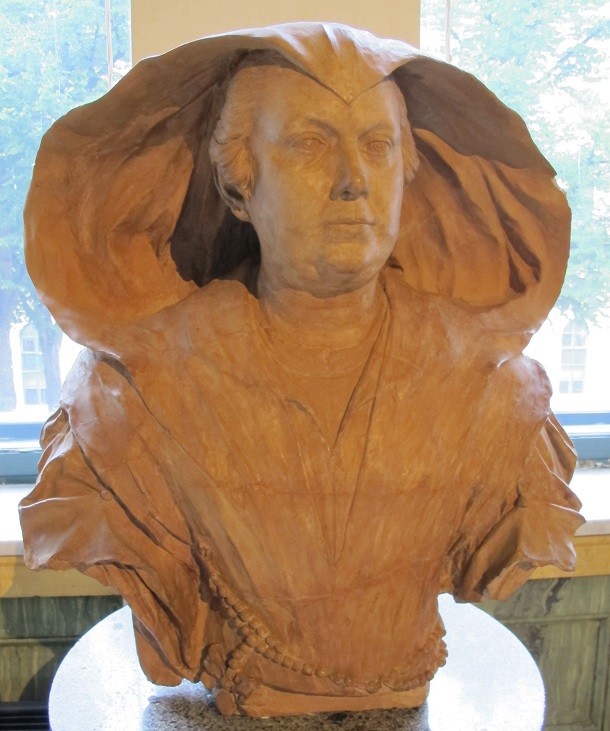 Source: Philippe Boutry & Philippe Levillain, "Innocent X. The Papacy: an Encyclopedia", Image: Wikimedia
Source: Philippe Boutry & Philippe Levillain, "Innocent X. The Papacy: an Encyclopedia", Image: Wikimedia Sister-in-law of Pope Innocent X, Olimpia Pamphili in effect ran the Catholic Church and Rome behind the scenes in the early 17th century. Speaking about succession, papal historian Ludwig von Pastor said, “the misfortune of Pope [Innocent X] was that the only person in his family who would have had the qualities necessary to fill such a position was a woman.”
Anne Lister
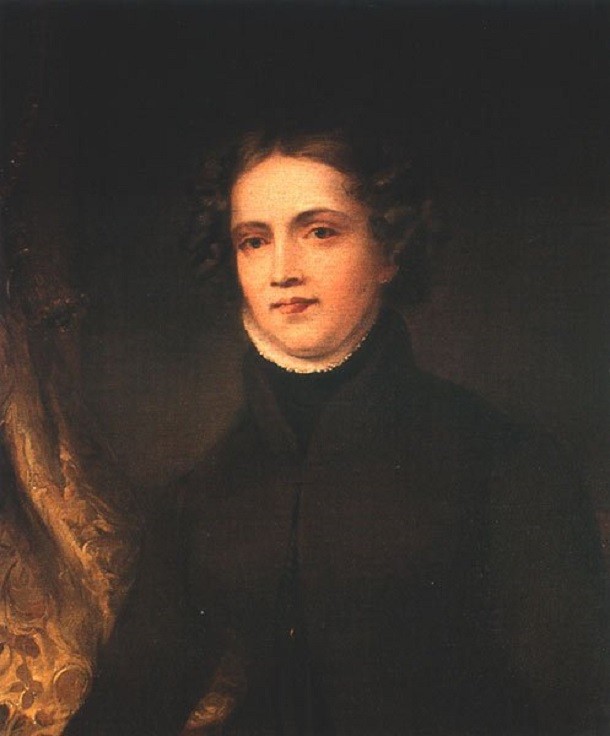 Source: Jill Liddington, "Anne Lister of Shibden Hall, Halifax (1791-1840): Her Diaries and the Historians", Image: Wikimedia
Source: Jill Liddington, "Anne Lister of Shibden Hall, Halifax (1791-1840): Her Diaries and the Historians", Image: Wikimedia Sometimes called “the first modern lesbian”, Anne Lister was a wealthy British woman and a savvy businesswoman, owning multiple properties and industry shares. Along with her wife Ann Walker (yes, they were married, but without legal recognition), Lister was the first person to officially climb the Vignemale (the highest mountain in the French Pyrenees) and excelled at business.
Corrie ten Boom
 Source: Corrie ten Boom, "The Hiding Place", Image: Wikimedia
Source: Corrie ten Boom, "The Hiding Place", Image: Wikimedia A Dutch Christian, Corrie ten Boom was a woman who didn’t restrict herself based on gender roles but rather did what had to be done when she saved the lives of many Jews during the Nazi Holocaust. Extremely active in charitable pursuits, ten Boom raised foster children and ran a church for mentally disabled people. Arrested by the Nazis in 1944, ten Boom had already helped many Jews escape the Holocaust, even hiding many in her house’s secret room.
Queen Lili'uokalani
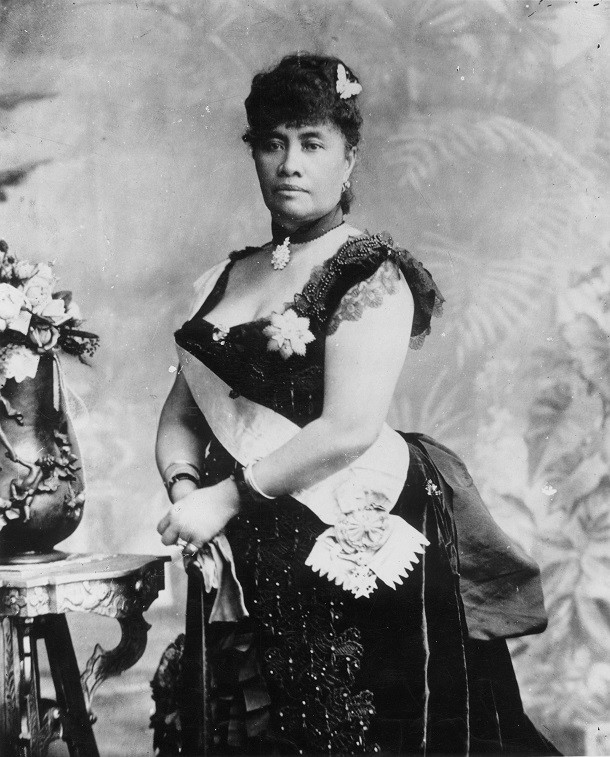 Source: Hawaiian Journal of History, Image: Wikimedia
Source: Hawaiian Journal of History, Image: Wikimedia Bearing a full name of Lydia Liliʻu Loloku Walania Wewehi Kamakaʻeha-a-Kapaʻakea, Queen Lili’uokalani was the last monarch of the Hawaiian Islands. A staunch opponent of the United States’s annexation of the Kingdom of Hawaii, Queen Lili’uokalani was an accomplished poet and advocate for orphaned and indigent children.
Molly Pitcher
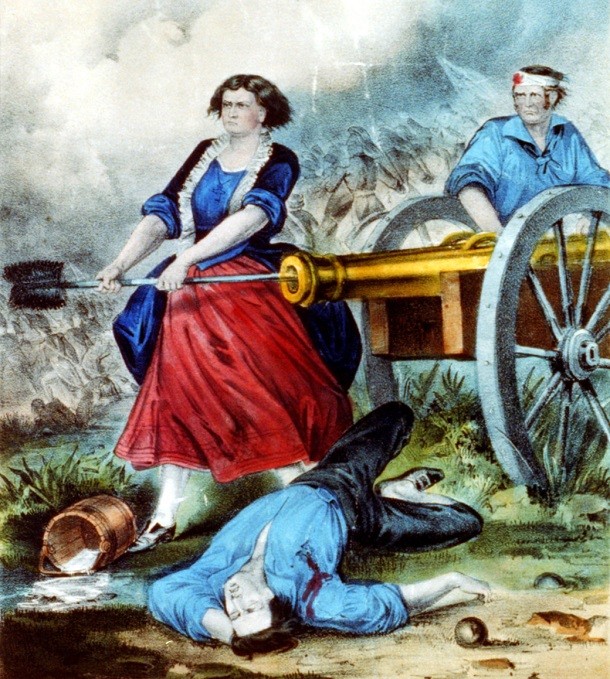 Source: Anne Rockwell, "They Called Her Molly Pitcher", Image: Wikimedia
Source: Anne Rockwell, "They Called Her Molly Pitcher", Image: Wikimedia A name likely attributed to more than one woman, Molly Pitcher often refers to Mary Ludwig Hays McCauley. During the American Revolutionary War, women – including Pitcher and Martha Washington – cared for wounded soldiers and carried water to the battlefield to cool down cannon barrels. Pitcher was with her husband while he was fighting the British at the Battle of Monmouth. When he was carried off the battlefield after collapsing, Molly Pitcher defied all gender roles and jumped up to take his place loading the cannon. It’s even reported a British cannonball flew just between her legs, not injuring her but tearing off her lower skirt. Her epic response? “Well, that could have been worse,” before she went back to loading the cannon.
Corazon Aquino
 Source: Time, Image: Wikipedia
Source: Time, Image: Wikipedia Referring to herself as a “plain housewife”, Corazon Aquino was a major contributor to the modern-day Filipino state. Aquino launched her bid for the Presidency after her husband was assassinated upon returning from exile in the United States. She is especially well remembered for leading massive peaceful protests after the electoral fraud of the 1986 elections. Aquino was the first female President in Asia and restored Filipino democracy after her predecessor’s 20-year rule.
Anna Nzinga
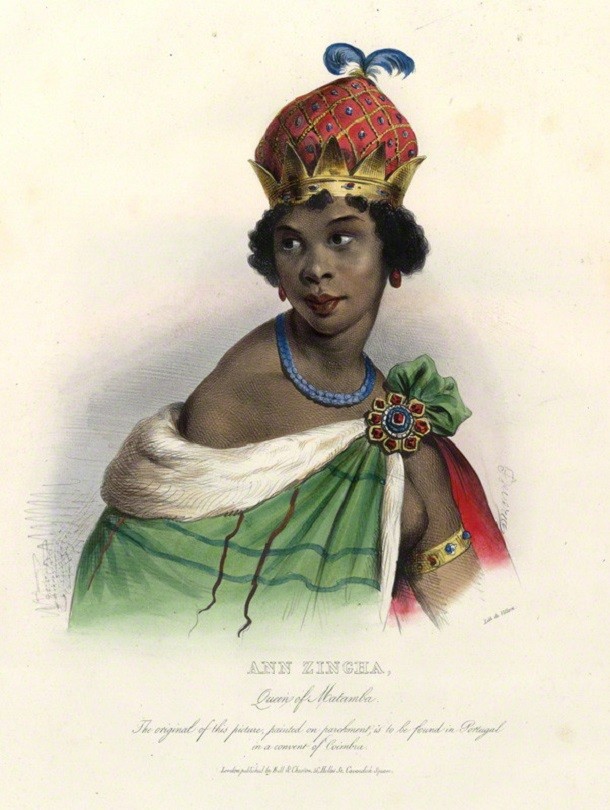 Source: Black History Heroes, Image: Wikimedia
Source: Black History Heroes, Image: Wikimedia One of Africa’s best-documented early-modern rulers, Queen Anna Nzinga (also known as Nzinga Mbandi) ruled over the Ndongo and Matamba Kingdoms in 17th century Angola. A famous and well-respected stateswoman even in Portugal and Europe, Nzinga was a clever military tactician and an experienced politician. She was also influential in resettling former slaves and restricting European intrusion into Africa.



























